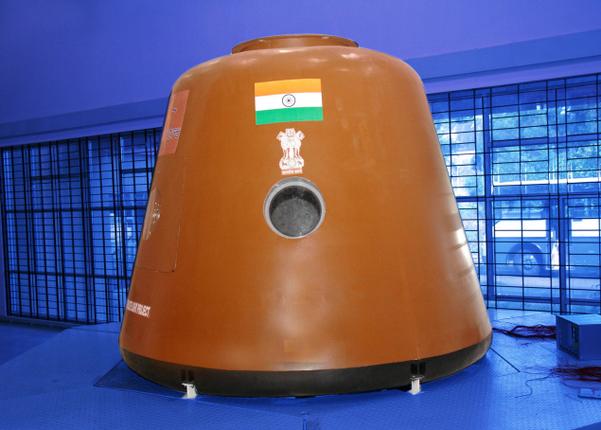If they pull this off on the first try it's going to be a bitter pill for Russia after all their Mars failures.
NEW DELHI — India is preparing to integrate scientific payloads with its first Mars orbiter, which is scheduled to be launched Nov. 27, the country’s top space scientist says. “The scientific payloads for the Mars Orbiter will be received in the end of this month for integration. Preparations are in full swing for the country’s first orbiter mission to Mars,†Indian Space Research Organization (ISRO) Chairman K. Radhakrishnan says.
Subsystems are currently being tested and ground station augmentations are being made at the satellite center in the south Indian city of Bengaluru, the ISRO chief says. Integration of the satellite should be complete in September, he says.
The Maangalyaan orbiter will carry nine scientific instruments to study the Martian atmosphere, climate, geology, origin and evolution, as well as its past and current habitability.
The orbiter, including the Liquid Apogee Motor that will propel it to Mars and the rocket motor that will slow it down for Mars orbit insertion, will together weigh 1.35 tons, Radhakrishnan says.
The spacecraft will be boosted by a Polar Satellite Launch Vehicle, which was also used for the Chandrayaan-1 Moon mission.
Following launch, the mission is expected to take eight months to reach Mars. The schedule calls for insertion into Mars orbit in September 2014.
If the ISRO fails to launch the Mars mission this year, the next launch opportunities occur in January-April 2016 and April-May 2018. The mission is estimated to cost 4.5 billion rupees ($83 million).
Subsystems are currently being tested and ground station augmentations are being made at the satellite center in the south Indian city of Bengaluru, the ISRO chief says. Integration of the satellite should be complete in September, he says.
The Maangalyaan orbiter will carry nine scientific instruments to study the Martian atmosphere, climate, geology, origin and evolution, as well as its past and current habitability.
The orbiter, including the Liquid Apogee Motor that will propel it to Mars and the rocket motor that will slow it down for Mars orbit insertion, will together weigh 1.35 tons, Radhakrishnan says.
The spacecraft will be boosted by a Polar Satellite Launch Vehicle, which was also used for the Chandrayaan-1 Moon mission.
Following launch, the mission is expected to take eight months to reach Mars. The schedule calls for insertion into Mars orbit in September 2014.
If the ISRO fails to launch the Mars mission this year, the next launch opportunities occur in January-April 2016 and April-May 2018. The mission is estimated to cost 4.5 billion rupees ($83 million).





Comment